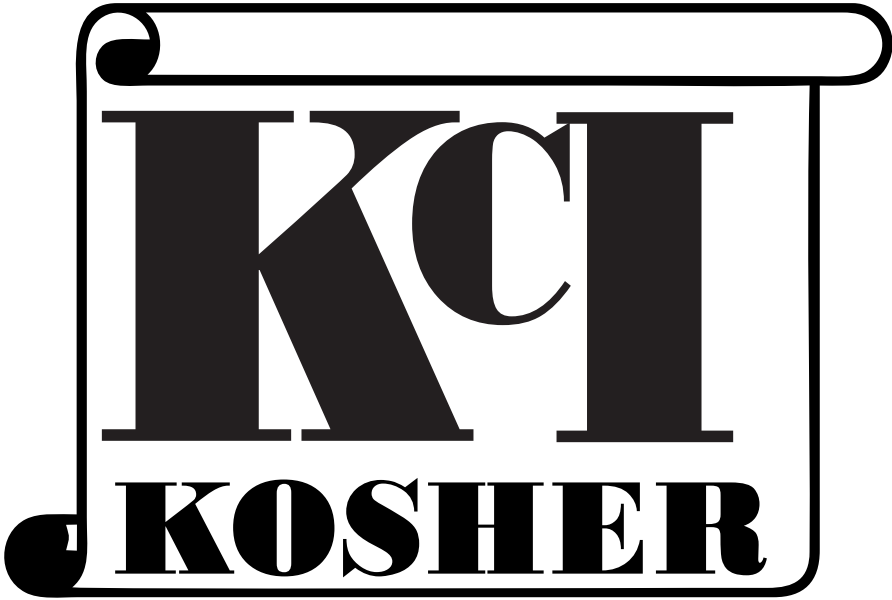The Kosher Consumer
Instead of blindly reposing trust in famous brands, consumers have become more alert and questioning about the ingredients, methods and practices that go into the making of the food they buy. Malpractices that have come to light have only served to enhance consumer distrust in packaged foods. In this scenario manufacturer’s assurances are to be taken with a pinch of salt while the Kosher label unconditionally gives assurance about quality, purity, and safety of the food. A survey shows that 51% of people who buy Kosher prefer it for the health properties and 62% opted for Kosher due to assured quality. 55% of those who bought Kosher did so because the label signified healthier food, 16% because they preferred halal and kosher was the only alternative and 38% of buyers were vegetarians.
Kosher, once the preserve of the Jewish is more widespread. Even Christians, Muslims and people from other communities universally switch over to Kosher for the perceived benefits. A vegetarian will look at the kosher label on a packet of food and has the assurance that not a single ingredient in it is of animal origin. If a person is specific about the source of non-vegetarian products, the way animals or poultry were reared and slaughtered, the kosher label instills confidence that approved methods were used. For Muslims this Kosher label represents a viable alternative when Halal foods are not available. Even from a general perspective about purity, wholesomeness, nutritional value and overall quality, Kosher label signifies a far better product. Then there are people with allergies to certain foods. The Kosher label gives them peace of mind.

